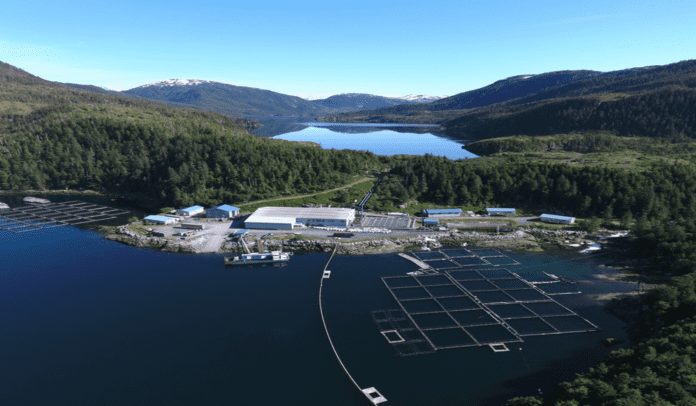By Mike Wells and Geoff Clark
For The Cordova Times
Anyone who’s ever fished in Alaska knows that it’s about much more than putting dinner on the table or making a profit. For most Alaskans, fishing is about providing for our families, keeping traditions alive, and ensuring the economic health of our state.
Alaska is blessed with some of the best fisheries in the world, thanks in large part to strong scientific-based management and a commitment to sustainability. We hope to keep it that way so that our children and grandchildren can enjoy these same experiences and opportunities for generations to come.
Several proposals were brought up for discussion at the recent Board of Fisheries meeting in Cordova that, if passed, would’ve threatened the health and vitality of our salmon fisheries, particularly through the aggressive targeting of salmon hatcheries. Alaska’s hatcheries, as regional institutions since the 1970s, work to supplement — not replace — wild stocks. Because of this, we’ve seen some of the highest wild returns in recorded history in recent years. The 2021 season, for example, marked the third largest ex-vessel value in state history on the whole. Fish born in hatcheries are vital to supporting those harvests and the coastal communities that depend on them, making up nearly half of fish harvested in Prince William Sound in the past few years. When it comes to personal use and subsistence fisheries, hatchery salmon helps feed roughly 54,000 Alaskans each year. If these efforts to limit hatchery production had passed, it would have directly impacted sport, personal use, subsistence, and commercial harvests of hatchery fish statewide.
Thanks to the overwhelming number of Alaskans who made their voices heard, these proposals failed, and their potential negative impacts were averted. Alaskans and many others who submitted comments and those that showed up to testify should be proud of the role they each played in protecting our salmon hatcheries throughout Prince William Sound. So, to those of you who wrote in, showed up, and made your voices heard: thank you.
The seafood industry alone creates more jobs than any other sector in the state besides tourism and oil & gas, with commercial fishing employing nearly 60,000 workers and bringing in over $172 million in revenue in 2019 for state and local governments.
The importance of Alaska’s fisheries extend well beyond our borders, with nearly two-thirds of the United States’ seafood produced in Alaska. Then there is the unquantifiable cultural value of our fisheries, with salmon from all sources including those from hatcheries playing a central role in Alaskan communities going back countless generations.
As Alaskans, we have exceptional access to the people who make the laws and policies that directly impact our everyday lives. With that access comes a responsibility to make our voices heard on the issues that matter to us — this was one of those issues. When it came down to it, Alaskans showed up to support Prince William Sound’s hatcheries and protect their families, their livelihoods, and their communities. Thanks to all of you, we’ve helped ensure that the fisheries enhancement programs we depend on will continue to thrive well into the future.
Geoff Clark is CEO of the Prince William Sound Aquaculture Corporation which operates five salmon hatcheries in the Prince William Sound and Gulkana regions. Mike Wells is executive director of Valdez Fisheries Development Association, which operates the Solomon Gulch Hatchery in Valdez. To learn more about Alaska’s private non-profit salmon hatcheries and support hatcheries at Board of Fisheries meetings, visit salmonhatcheriesforak.org.















